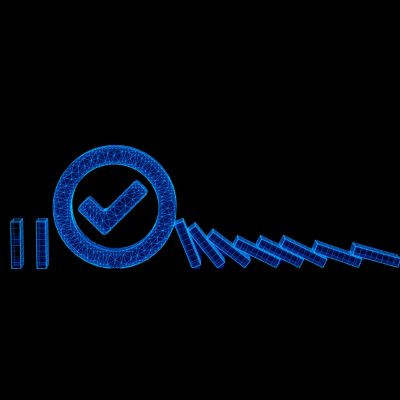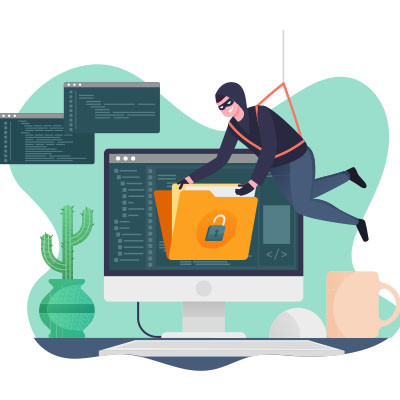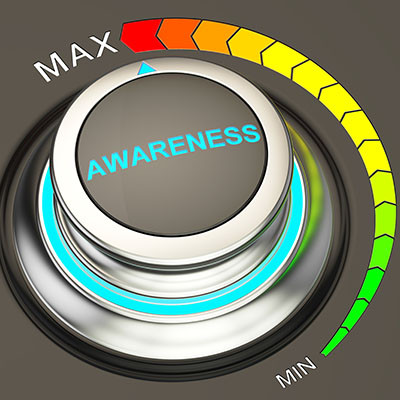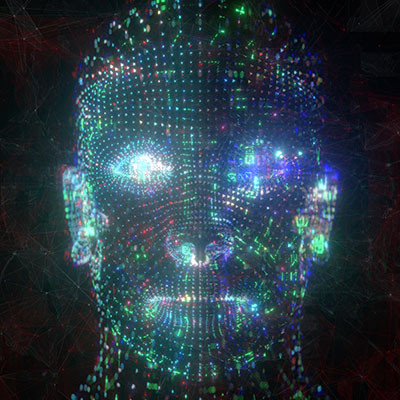Today’s cyberthreats are invisible, they’re malicious, and they can bring a business to its knees. For many small businesses, cybersecurity feels like a distant problem—a concern for the corporate giants with sprawling server farms. Unfortunately, that’s a dangerous misconception. Every business, regardless of size, is on the front line.
Tritek Networks Blog
We’ve made it to the point where humans need to prove they’re real people to access systems, and one of the most common ways to do this is through the use of CAPTCHA technology. Completely Automated Public Turing test(s) to tell Computers and Humans Apart (try saying that with your mouth full) are everywhere, yet computers still struggle to actually crack these tests, unlike other methods of security. Why are they so successful at detecting automated bots?
We live in a moment in time defined by connectivity, which also means we live in a time defined by unwanted correspondence. It’s never been easier to reach you by phone, email, and even social media—even when you don’t want to be reached. Today, we’re talking about how social media, in particular, presents opportunities for scammers to target you and your loved ones.
What happens to all the data that gets stolen by hackers during their despicable campaigns? Sometimes it gets destroyed, but more often than not, it ends up on the Dark Web, where it’s put to other nefarious purposes. Today, we want to discuss the Dark Web and why it’s so important you monitor it for your business’ data.
If your organization is fortunate enough to have an internal IT department, it’s likely that they are managing a complex infrastructure on top of being understaffed and overworked. We're not knocking your business or anything; it’s just the nature of the work and the reality of SMBs (trust us, we’d know). We can make managing your technology significantly easier and less of a pressure on your IT workers.
No matter what type of business you run or the services you provide to the community, chances are you must adhere to at least some compliance laws and regulatory requirements dictated by state or federal governments. Today, we want to make it abundantly clear that you must protect your business’ data to avoid inadvertently becoming subject to the massive fines associated with these laws.
Our digital footprint is extensive and vulnerable, from personal information to financial details. While many may believe they are impervious to data theft, the stark reality is that no one is truly immune. Today, we will take a look at a couple of reasons why individuals, regardless of their experience with technology, are not exempt from data theft.
Ensuring the security of your data is extremely important. If you are a frequent reader of this blog, you know that any unauthorized access to sensitive information can result in severe consequences for your business. The problem is that today’s cybercriminal tactics have become increasingly sophisticated, posing a constant challenge to organizational data security. Today, we look at six things you can do to keep your data secure.
Every organization needs to have a certain level of cybersecurity protection in place. That includes firewalls, antivirus, VPNs, encryption, and centrally managed security policies. Even so, many modern cybercriminals know that businesses have these protections in place, and they are working out ways around them.
Let’s talk a little bit about deepfakes. If you aren’t aware of this technology, deepfakes are essentially synthetic media. Typically they come in the form of videos or images that use artificial intelligence (AI) to replace a person’s likeness with another’s. With deepfake technology, people can convince an audience that a person said something they didn’t say. This deliberate digital subterfuge can bring with it a whole lot of problems. This week we will outline a few of them.
Identity can be a complex thing to discuss, but in terms of security, it’s fairly straightforward. You either are who you say you are, or you’re not. With the metaverse taking off, individuals will need to be careful about how they are authenticating their accounts and identities, but what does this mean for businesses?













